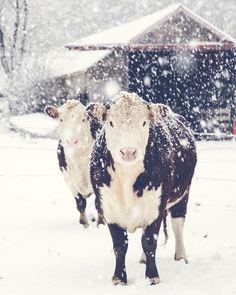YUP, the dark days of winter have arrived! The lack of sunshine might affect you BUT did you know it also affects your livestock? Nearly all organisms, including livestock, adapt their lifestyles to the timing of sunrise and sunset. These light and dark cycles result in daily and annual rhythms of physiology and behavior. Understanding how some livestock respond to these cycles can help you manage them accordingly.
In most of the northern hemisphere, the natural breeding season of most species runs from April to October to coincide with longer periods of daylight and lower melatonin levels. Some breeders have long used artificial light in the form of stable lighting and floodlights in paddocks to suppress melatonin and manipulate reproductive cycles. Changing day length can also affect male libido, sperm concentrations, and testosterone levels, with each peaking during the long days of summer.
The lack of daylight slows egg production way down this time of year, too. Supplemental light will counteract the lack of daylight, stimulating the hen’s pituitary gland which is what signals the hen’s ovaries to release her egg. Hens need about fourteen hours of light a day to produce eggs, and in many areas of the country the sun is only giving about eight hours of light in these winter months. Since most chickens trace their heritage back to equatorial regions, their systems just aren’t adapted to continuing egg production in winter light. A lamp on the timer in the early mornings and evenings will help to keep your ladies in the regular flow of things, and keep your basket full of eggs.
Just like in the coop, you’ll need to mimic natural daylight in barns if you want to maintain good hair coats, musculature, immunity, and more (remember, light affects all body systems). When light enters the eye, specialized cells in the retina send a signal to the brain, which, in turn, sends a time-of-day message throughout the body. The hormone melatonin, which gets produced in darkness and is acutely sensitive to light, is an important transmitter of this signal. Not all types of light, however, are created equal. Blue light, which is present in high amounts in natural daylight, best stimulates the photoreceptors in the eye that regulate circadian rhythms. Unfortunately, the fluorescent and incandescent lights we often use in our barns have minimal biological results since they have very little blue light.
Now, try not to let those dark days of the winter adversely affect your livestock’s physiology and behavior. And remember, SPRING is just a couple months away!

